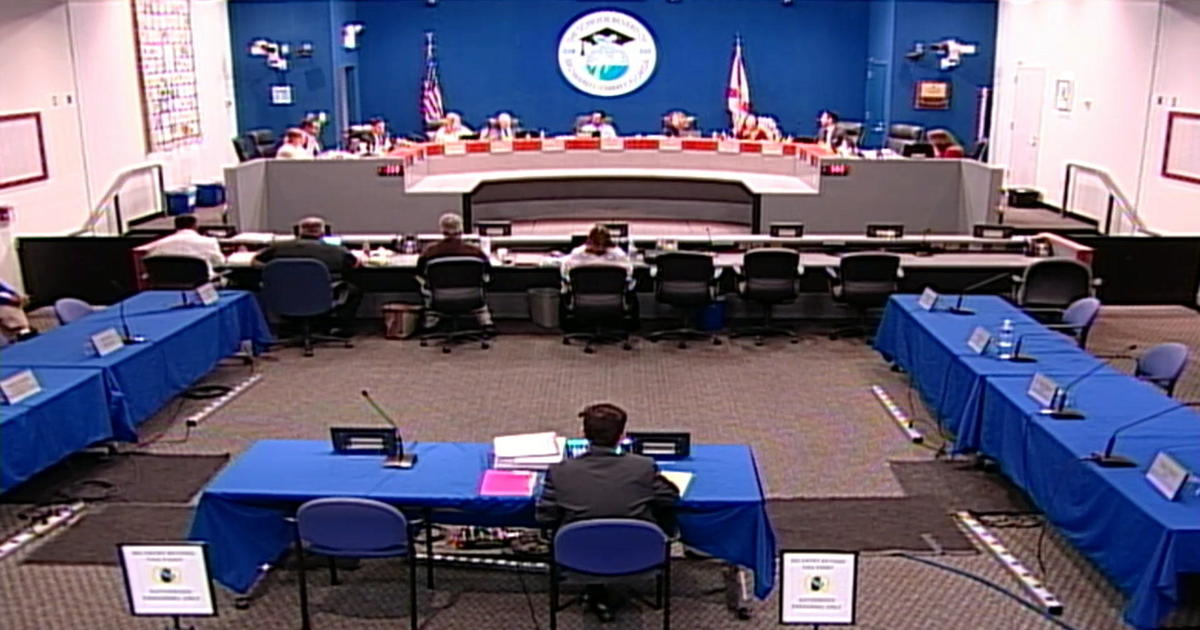Student Loans: After College
This article is provided and sponsored by:
ClearPoint Credit Counseling Solutions
__________________________________
Today's college graduates are walking away from college life with more than their degree. Upon graduation, the average undergraduate has accumulated over $3,173 in debt (Sallie Mae, 2009)–and that's on credit cards alone. Many find themselves in a bind–unable to pay their debt to creditors because they either do not yet have a job or do not make enough to manage the debt they have amassed.
Then there are the student loans. By the time the average college student graduates they have accumulated thousands of dollars in debt. In 2007-2008, the average student loan debt among graduating seniors was $23,186 (excluding PLUS Loans but including Stafford, Perkins, state, college and private loans). So, where can one turn for debt management help?
Creating an effective debt management plan is extremely important for a young graduate about to enter the workforce. Professional credit counselors such as ClearPoint Credit Counseling Solutions are experienced in providing viable solutions for debt management problems and budgeting to ensure a stable financial future.
The statistics associated with debt due to credit cards and student loans can be quite disturbing. Take a look at the numbers:
- According to the Project on Student Debt, an initiative of the Institute for College Access and Success, in 2008, undergraduates carried an average debt of $23,200.
- Citing unpublished data from the Bureau of Labor Statistics, the researchers report that the unemployment rate for graduates (20 – 24) was 7.6% in the third quarter of 2008. By the third quarter of the year, it reached 10.6%, "the highest on record."
- The U.S. Department of Education, National Center for Education Statistics, reports that 66% of undergraduates in 2007-2008 received some type of financial aid. Of those who received financial aid, $9,100 was the average amount.
The profile of the college student is continually evolving. Gone are the days when the majority of students start attending college directly out of high school and receive a degree in four years. Today's college student has many faces-the working mother, the part-time student with a full-time job, and the executive who wants to learn a new skill, and many take five years or more to receive a bachelor's degree. Although the profiles have changed, one thing remains the same-a college education is expensive, and the trends only show it to be getting more evident.
Tuition is getting higher, college stays are getting longer, and student loans and grants are not as generous as they once were. According to the U.S. Department of Education, this is leading to a greater dependency on student loans, thus the average debt per student has increased by more than 50% over the past decade. The need for students to have good debt management skills is extremely important for their financial health.
Although graduating from college is a major milestone in someone's life, it doesn't mean that a college education prepares you for all of life's challenges, especially when it comes to financial matters. Many college graduates feel overwhelmed and scared about their financial situations, and they don't know where to turn for help. It is vitally important to educate yourself on the realities of debt management, and learn what options are available. Here are a few useful tips to keep in mind:
- Anticipate your upcoming expenses: Before you graduate from college, use this time to be proactive and to plan for expenses that you know will arise such as rent or car payments. Start putting aside some savings each week-that way you will have a jumpstart for a down payment on a car or a deposit on an apartment.
- Budget, Budget, Budget! Document recurring monthly expenses such as rent, utilities, car payments, insurance, and credit card bills. This way you will know exactly where your money is going, and how much you can dedicate towards savings.
- Stay in touch with creditors and lenders: Don't be afraid to contact them for help. If you are unable to make timely payments, ask about payment deferment options.
- Always pay your secured creditors first, such as mortgage, car loans, etc. Then concentrate on basic household utilities.
- Pay credit cards with the highest interest rates first, and try to pay more than the minimum payment every month to help pare down debt.
ClearPoint Credit Counseling Solutions offers professional help with budgeting and debt management for unsecured debt. These information hotlines offer specific advice and additional help on repaying student loans:
- Federal Student Aid Information Center: 800-433-3243
- Federal Student Aid Default Hotline: 800-621-3115
It may also be a good idea to inquire about loan consolidation options. Many college graduates have more than one loan, with varying interest rates. Consolidating those loans and making one monthly payment with a low interest rate can make debt management a bit more tolerable.



